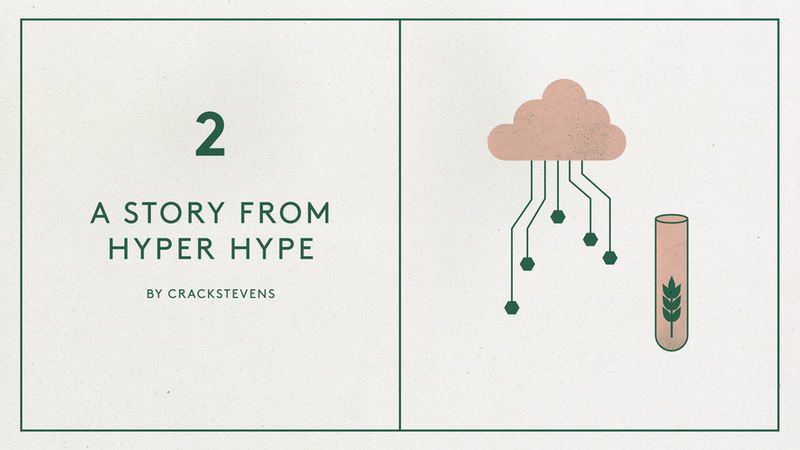The application of Artificial Intelligence (AI) to different industries ramped up dramatically through the 2020s and eliminated the need for most manual labour, leaving many unemployed and reliant on a small universal basic income (UBI) and the gig economy. In order to accelerate decarbonisation, a number of countries invested significantly to bring large-scale Carbon Capture and Storage (CCS) and bioenergy crop farming online, and shifted a large chunk of food production from the land into the lab.


The world
The world is high-tech and efficiency led. Governments and business leaders work together to respond to climate change. There are strong subsidies for zero-carbon investments. Fossil fuels are being rapidly phased out, and a number of countries have declared themselves as running on 100% renewable energy sources. Public-private investments in desalination plants are keeping water scarcity at bay. Buildings are made of materials that clean particulate matter from the air, reducing pollution. CCS has been scaled up, further helping to reduce emissions.

Fashion
Fashion is fast, frivolous, cheap and entertaining. Seasonal clothing along with the runway have been abandoned as new styles are released every day via digital runway shows and adverts by big multi-brand conglomerates. There is a shift towards genderless clothing which is largely attributed to the rise of casual clothing and streetwear, which continued to dominate the fashion trends post 2020, and became increasingly more popular once ‘going out’ became less common. A segment of the fashion industry creates solely for digital interaction. However, spurred by a curiosity and obsession with ‘pre-digital’ life, there is a growing subculture amongst some of the younger generation, who collect vintage clothing and textiles and patterns and use them to create their own clothes.

